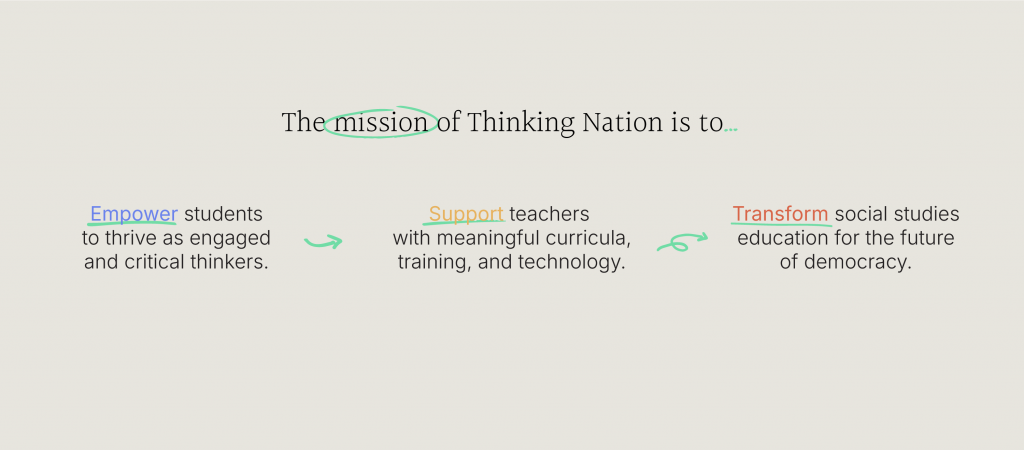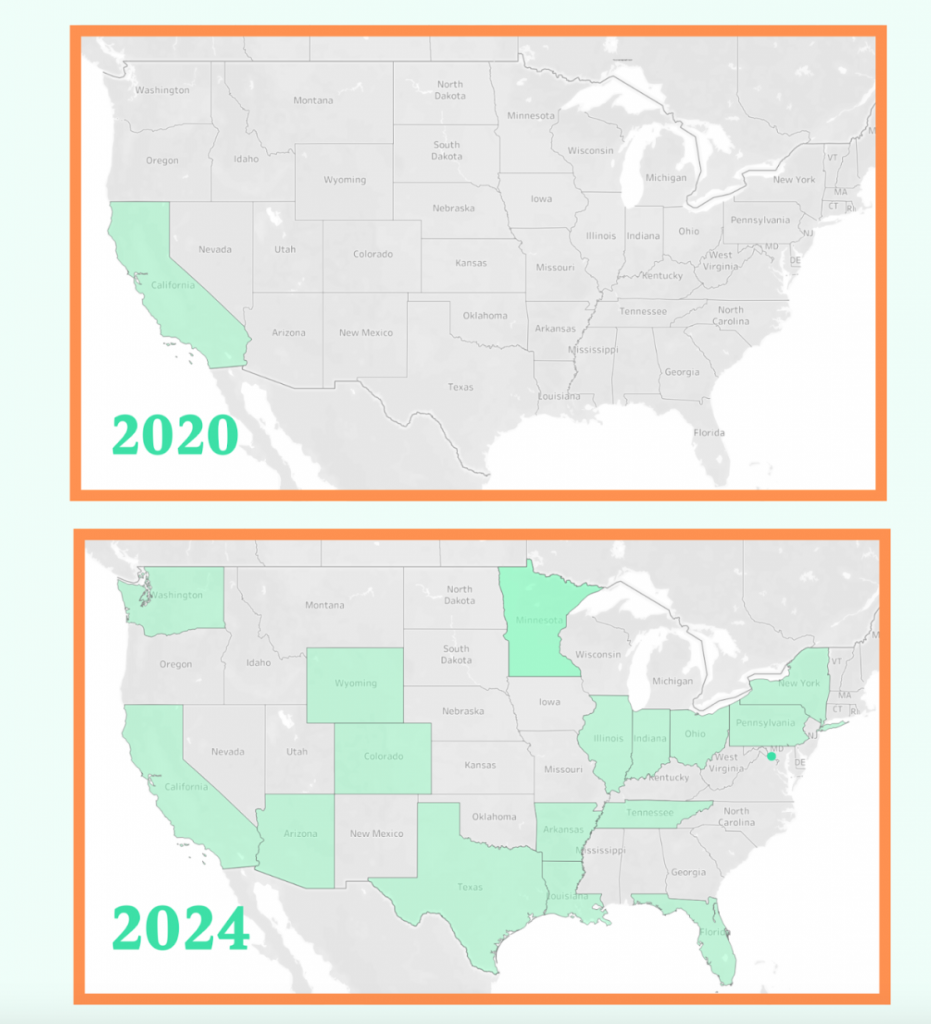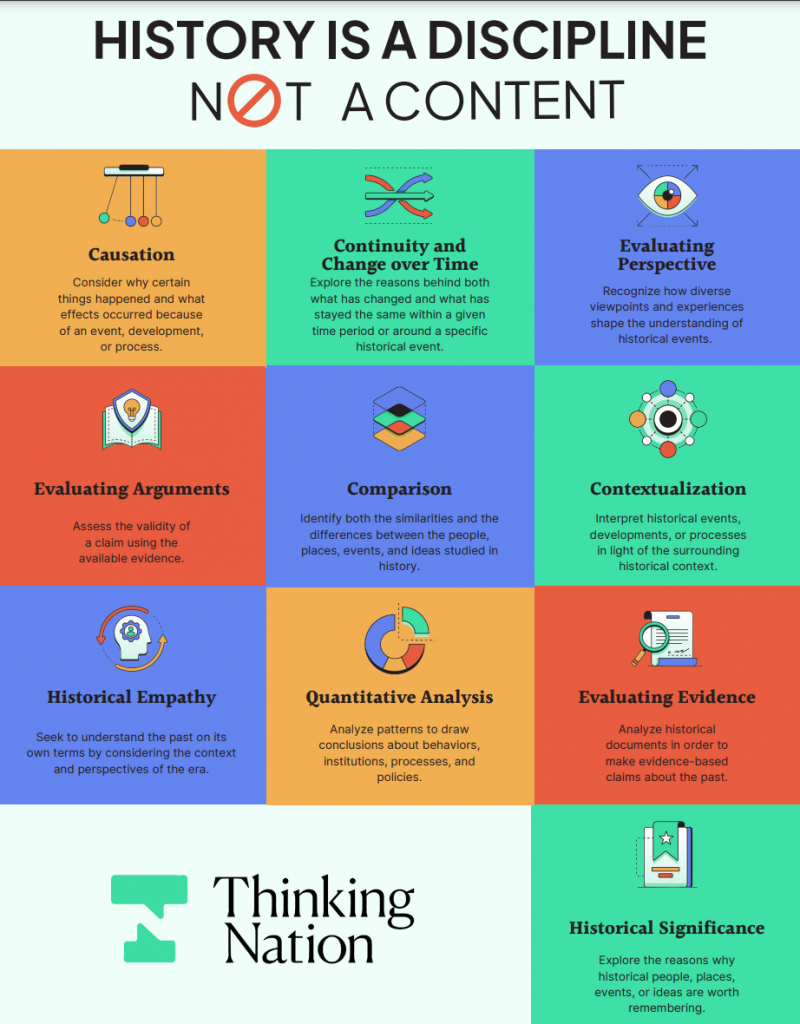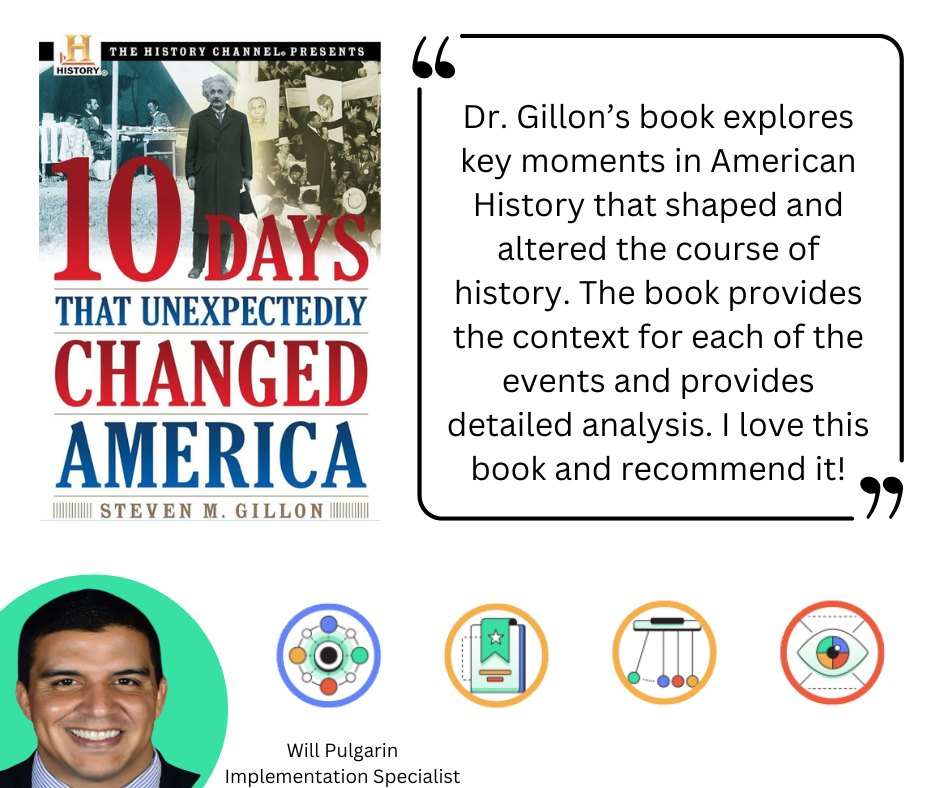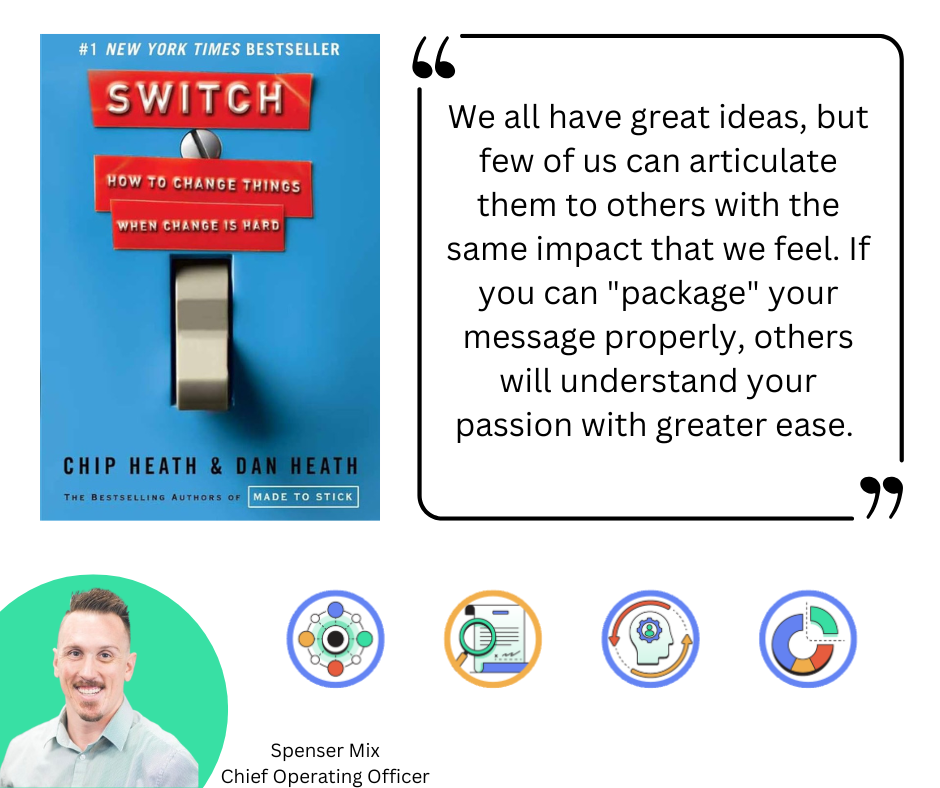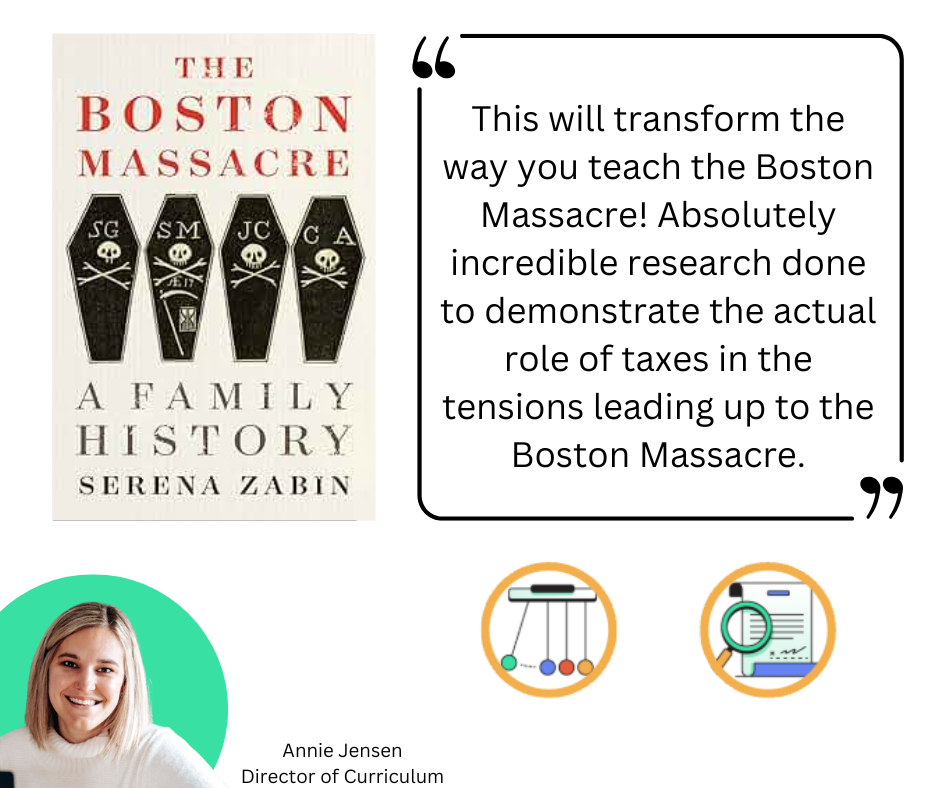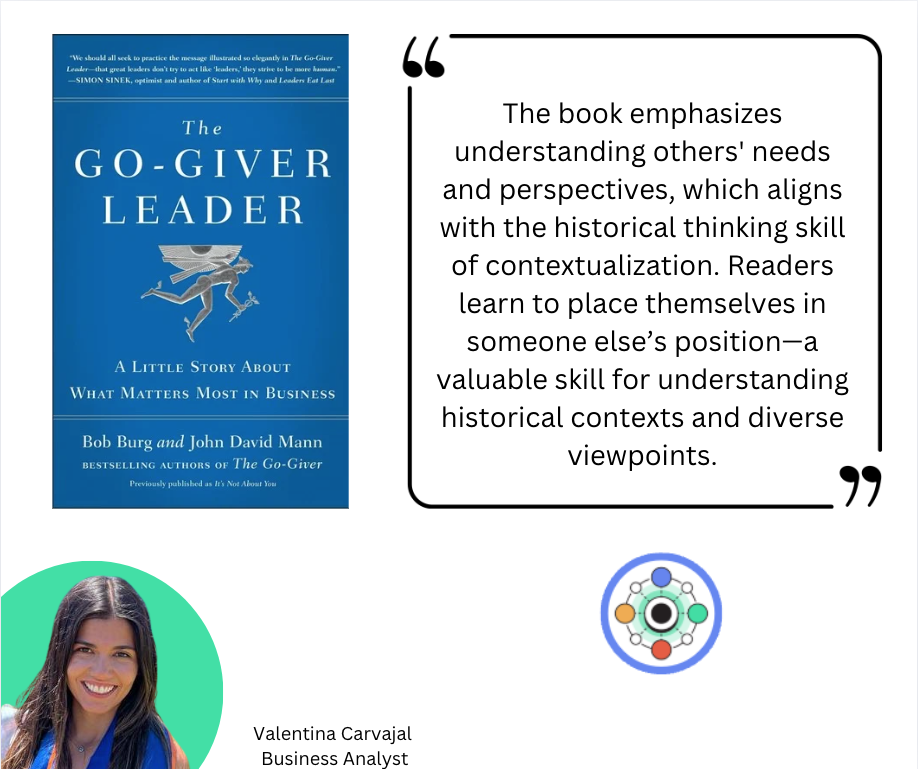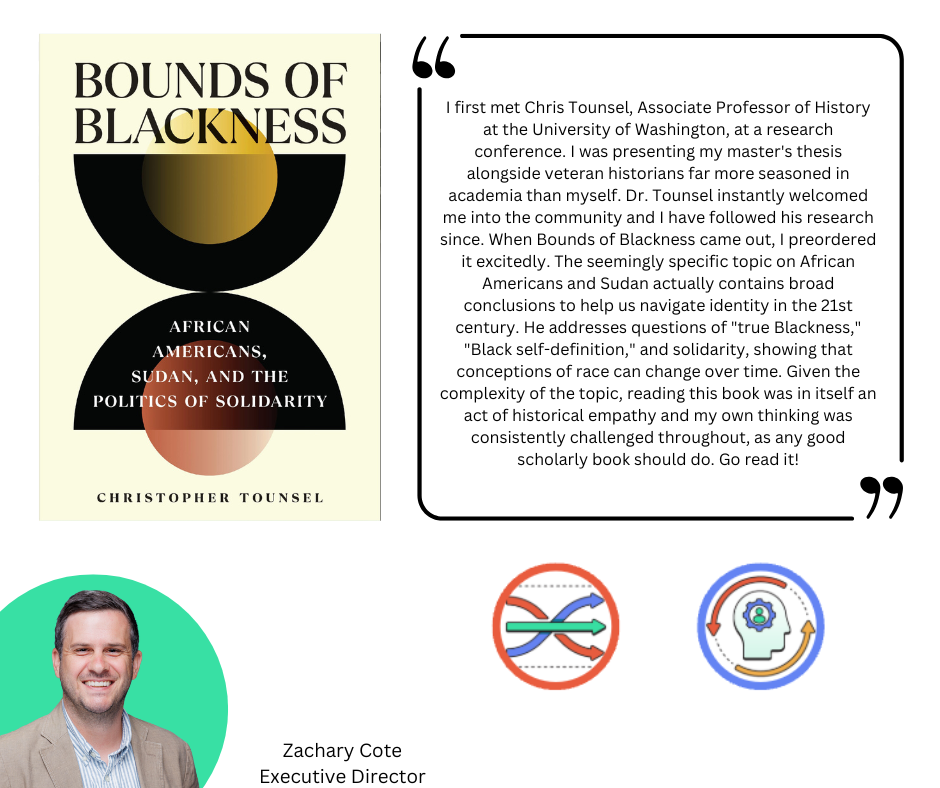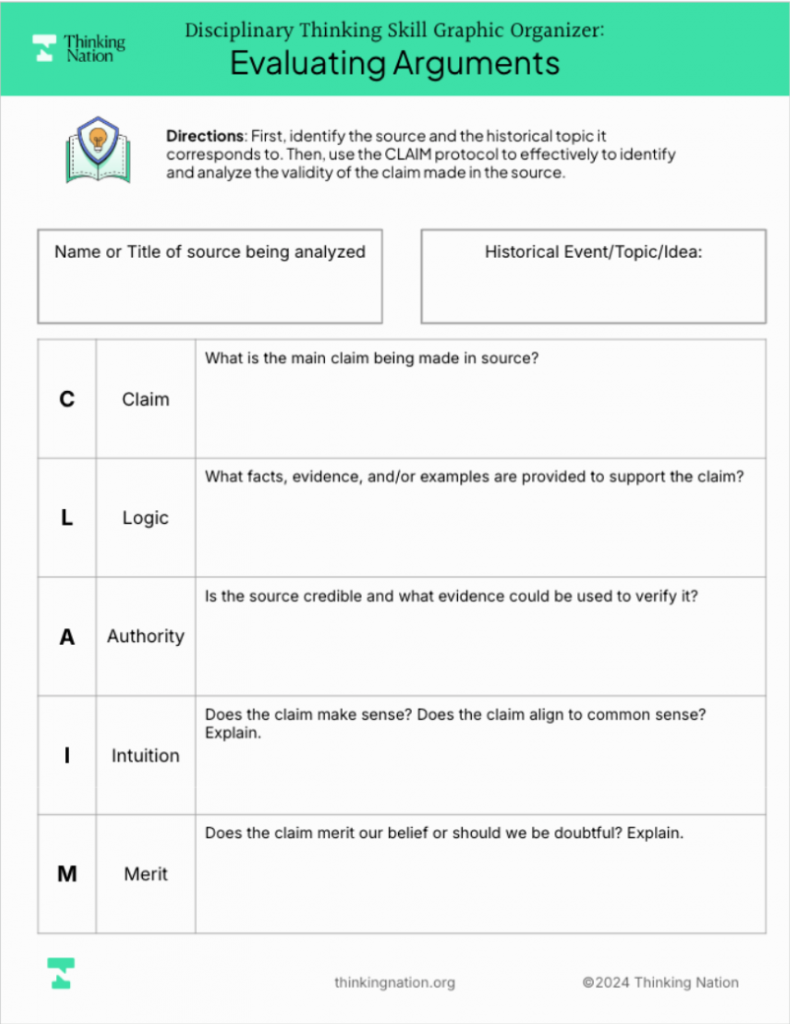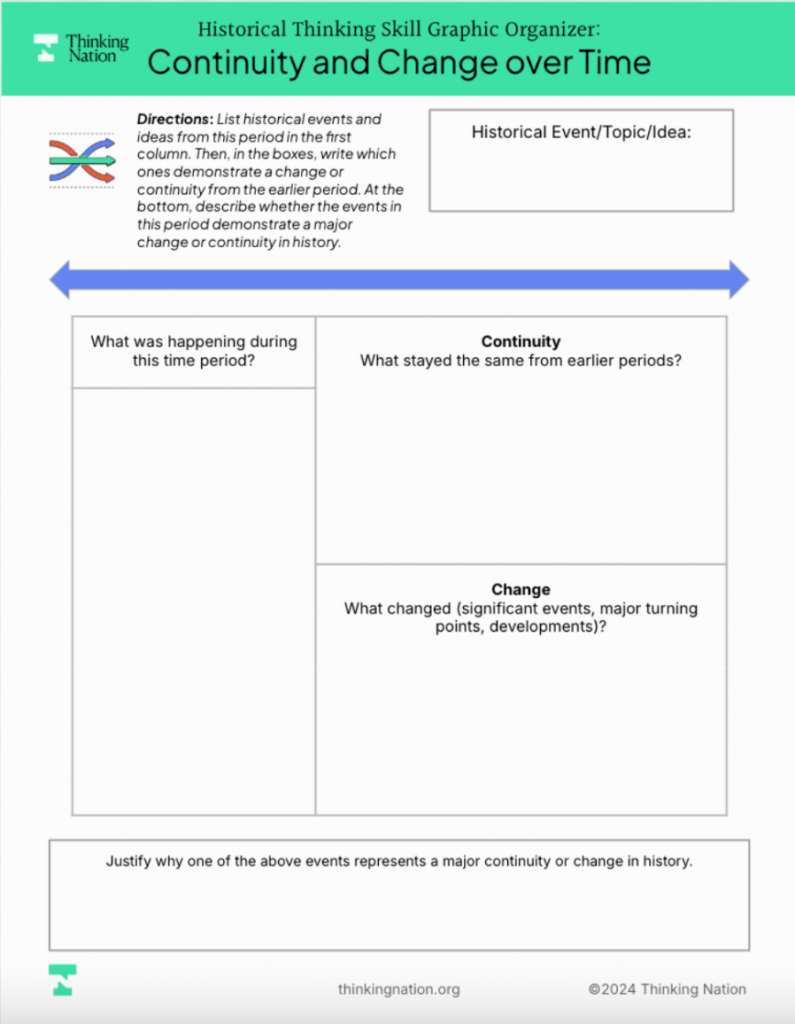There were a lot of things that went wrong during my first year of teaching. Activities that crashed mid-flight, classroom decisions I wish I could take back, and moments that left me wondering what I had gotten myself into. Like most new teachers, I made a lot of mistakes. But one of my biggest mistakes during my first year of teaching was that I did not engage in any sort of purposeful teacher reflection at the end-of-the-year. As I developed as an educator, though, reflection became one of the most significant keys to my improvement. Once I started pausing to really think about what worked, what didn’t, and why – I grew faster. My teaching, classroom management, and planning all improved. Looking back, reflection wasn’t just helpful – it was essential.
My teacher reflection routine was pretty common. First, I would pick a day to sit down somewhere quiet and to reflect on the school year (Starbucks was always my favorite place to go to). Other times, I would ask a trusted colleague to help me reflect. Both approaches work; the key is to slow down, take a breath, and think deeply.
Here’s the process I use – and it’s one I recommend to any educator:
🏅 Step 1: Celebrate the Wins
Start off by giving yourself credit for what went well and celebrate it!
- What worked well this year?
- What successes did I have?
- Who were 2-3 students that I had positive relationships with?
- How did my teaching improve this year?
- What was it like to be a student in my class this year?
🤔 Step 2: Reflect on the Journey
This is where the real growth happens.
- What was the hardest day I had this year?
- What was the best lesson I did this year?
- What brought me joy this year?
- What has given me hope?
- What am I most proud of this year?
- What did I learn about myself this year?
- Who helped me the most this year?
- How have I grown as an educator this year?
- What did I do this year to connect with families?
- How did my personal life affect my professional one?
- Which colleague had a positive impact on me this year?
⛰️ Step 3: Analyze the Challenges
Finally, I would focus on some of the challenges I encountered during the academic year. I would avoiding dwelling on them, and focus more on the nuggets of learning that each situation contained.
- What was the most challenging situation I encountered this year?
- Which students did I struggle with the most? What can I learn from this?
- What are some of my goals for the next academic year?
- How can I harness what I learned and continue to move forward with it?
To end, I would like to evoke the wisdom of the legendary educator and psychologist John Dewey:
“We do not learn from experience…we learn from reflecting on experience.”
So as you head toward the finish line of the school year, don’t just close the chapter – reflect on it. I’ve created a free teacher reflection worksheet that our Thinking Nation partners (and any teacher!) can use to guide this process. It’s a small step that can make a big difference.
References
Aguilar, Elena. (2014) Reflecting on a Year of Learning. Education Week. http://blogs.edweek.org/teachers/coaching_teachers/2014/05/reflecting_on_a_year_of_learni.html
Colorado, Colorín. (2017). Reflection questions for teachers and students: A school year like no other. https://www.colorincolorado.org/sites/default/files/ColorinColorado_Reflection-Questions_2.pdf






